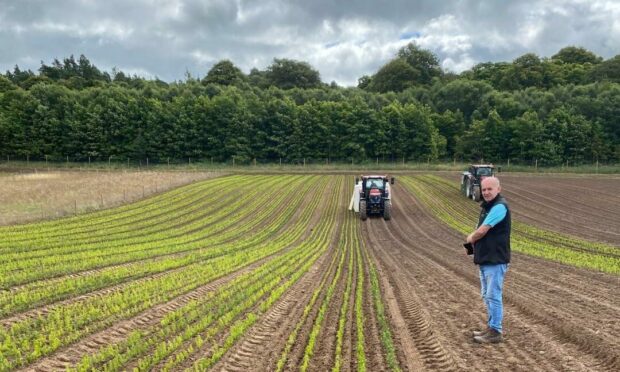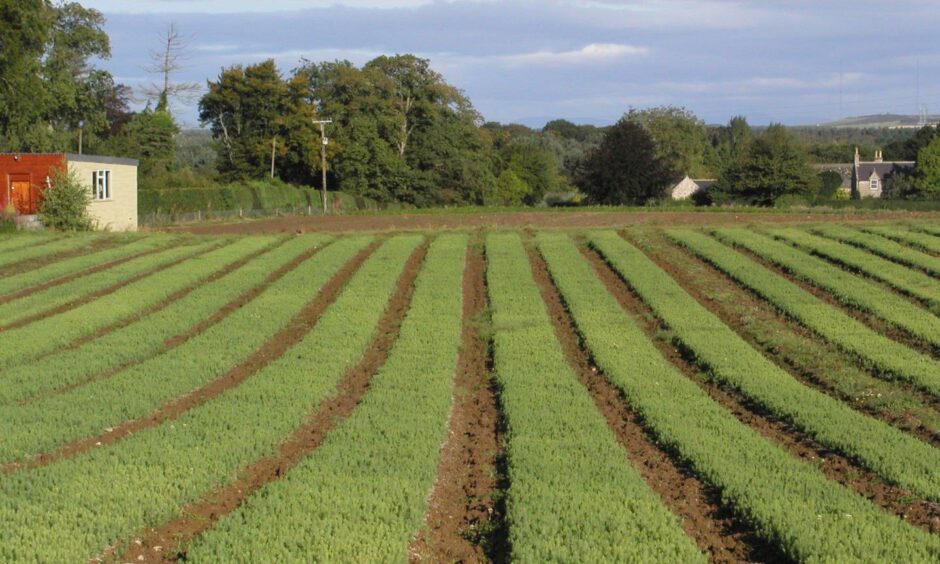Scotland’s only publicly-owned tree nursery in Moray is poised to double in size to grow 14 million trees a year in response to the global climate change emergency.
The Newton site, which is between Elgin and Burghead, already grows more than 25% of the 25million trees that are planted by Forestry and Land Scotland every year.
However, the agency wants to increase that and has secured a deal to lease a further 70 hectares of land at the Moray tree nursery as part of the climate change fight.
How will the Newton tree nursery project help?
The Newton tree nursery was opened in 1931 to help improve and refine Scotland’s stocks.
Seeds are harvested from various native pinewoods to be grown to help reforestation and habitat preservation projects.
Forestry and Land Scotland hope the deal to lease further land will allow it to double in capacity by 2025 to allow it to boost capacity to 14million trees a year.
Alan Duncan, the agency’s head of plant and seed supply, who was worked at Newton for 44 years, said: “Forestry is a long-term proposition. Most productive forestry has a lead time of around 40 years. Scots pine can take 80 years to reach maturity, while oaks can take 80 to 120 years.
“We are already seeing climate change happening, so we need to grow – and plant – new forests now, to increase woodland cover and most importantly, to help mitigate global warming.
“This includes developing new techniques for growing, planting and harvesting trees and looking at tree species that will likely thrive in a warming climate.”
Trials to speed tree production in climate change fight
Experiments are currently underway at the Newton tree nursery to speed up planting to accelerate efforts to fight climate change.
A technique called “tree tape” is being used, which involves seed being sowed in a ribbon of biodegradable pockets before being moved inside to a glasshouse.
Studies have already found the yield of seed germinating has increased to 79% from about 50% when seeds are scattered in a field with hopes it may yet reach 90%.
The trials have also led to up to one million seedlings being planted in a single day when previous methods only reached 60,000.

